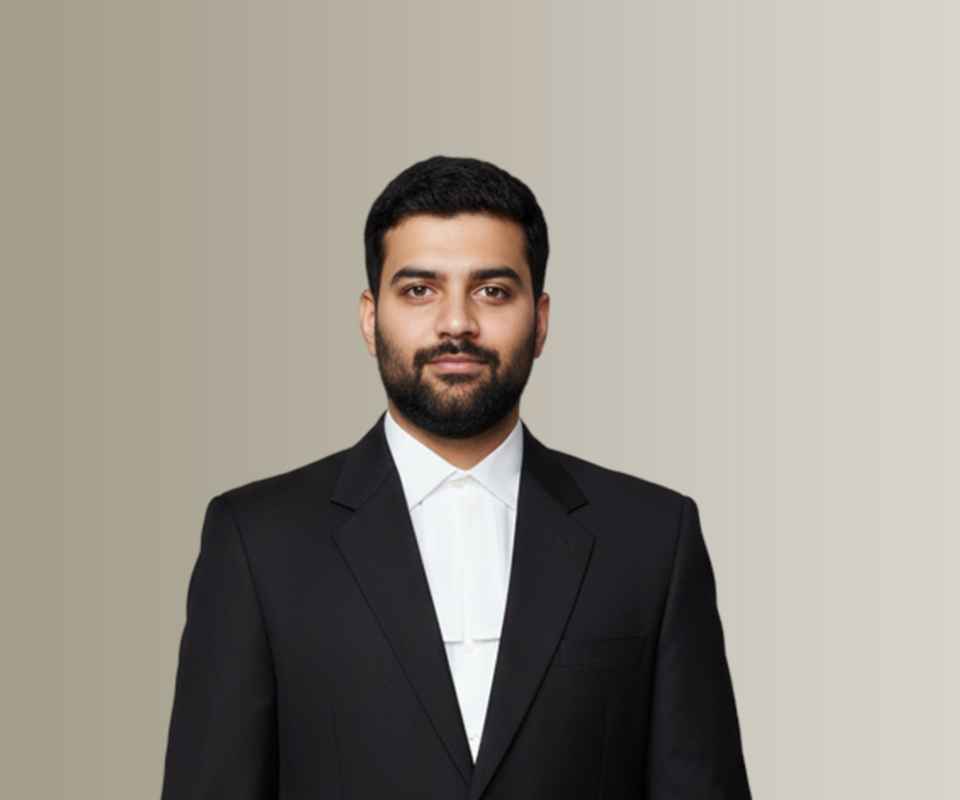Answer By law4u team
The general rule in any judicial system, including military justice, is that the accused has the right to be present during their trial. However, in certain circumstances, a court martial may proceed in the absence of the accused, especially if the accused voluntarily waives their right to be present or engages in behavior that disrupts the trial. This ensures that the proceedings can continue without unnecessary delay while still protecting the legal rights of the accused.
Circumstances Under Which a Court Martial Can Proceed Without the Accused:
Voluntary Absence (Waiver of Presence):
Waiving the Right to Attend:
The accused has the right to be present during the trial. However, they may voluntarily waive this right. If the accused chooses to absent themselves from the trial, the court martial can proceed in their absence. This is usually the case when the accused does not object to the trial continuing without them or explicitly agrees not to be present.
Consent and Documentation:
In such instances, the court typically requires the accused to give formal consent, often in writing, to waive their right to be present. This ensures that the accused is aware of the implications of their absence and that their decision is made voluntarily.
Disruptive Behavior:
Orderly Conduct Requirement:
If the accused behaves in a way that disrupts the proceedings or refuses to comply with the court’s orders, the court may proceed with the trial in their absence. This is typically reserved for situations where the accused intentionally obstructs the process, either by refusing to participate or by causing disorder in the court room.
Removal from the Courtroom:
In cases of disruptive behavior, the court may choose to remove the accused from the courtroom and continue with the proceedings. However, the accused’s absence in such cases is usually temporary, and the court may allow the accused to return once the behavior is addressed.
Health or Unforeseen Circumstances:
Incapacitation or Illness:
If the accused is unable to attend the trial due to illness or incapacitation, the court may allow the trial to proceed without their physical presence. The accused may participate through video link or other means if they are able to communicate. The court may also postpone the proceedings if the absence is expected to be temporary.
Legal Provisions for Absence:
If the accused is genuinely unable to attend, and this absence is not a result of voluntary action or disruptive behavior, the trial may be delayed or adjourned to a later date until the accused can participate. In certain jurisdictions, military law allows for the trial in absentia (in the absence of the defendant) if the absence is prolonged or if the accused is deemed to be deliberately evading trial.
Trial in Absentia (Extreme Cases):
Escaping the Jurisdiction or Avoidance:
In extreme cases, where the accused deliberately flees the jurisdiction or is intentionally evading the trial, the court martial may proceed without the accused. This is known as a trial in absentia. However, this is a rare occurrence, and courts are typically reluctant to proceed without the presence of the accused unless all reasonable attempts to bring them before the court have failed.
Legal Safeguards:
In most legal systems, a trial in absentia is heavily regulated to protect the rights of the accused. There must be clear evidence that the absence is intentional, and the court will ensure that the defendant's rights are not violated during the trial.
Example:
In a case where an officer is accused of insubordination but deliberately chooses not to attend the court martial proceedings, the court may proceed without the officer if they voluntarily waive their right to be present. If the officer disrupts the trial by refusing to cooperate, the judge may order their removal from the courtroom, and the trial can continue in the officer’s absence.
Conclusion:
A court martial can proceed without the accused present in certain situations, such as when the accused voluntarily waives their right to attend, behaves disruptively, or is incapacitated. In more extreme cases, a trial in absentia may occur if the accused deliberately evades trial. However, the legal system safeguards the rights of the accused, ensuring that their absence is properly documented, and that all reasonable efforts are made to ensure a fair trial, even in their absence.







